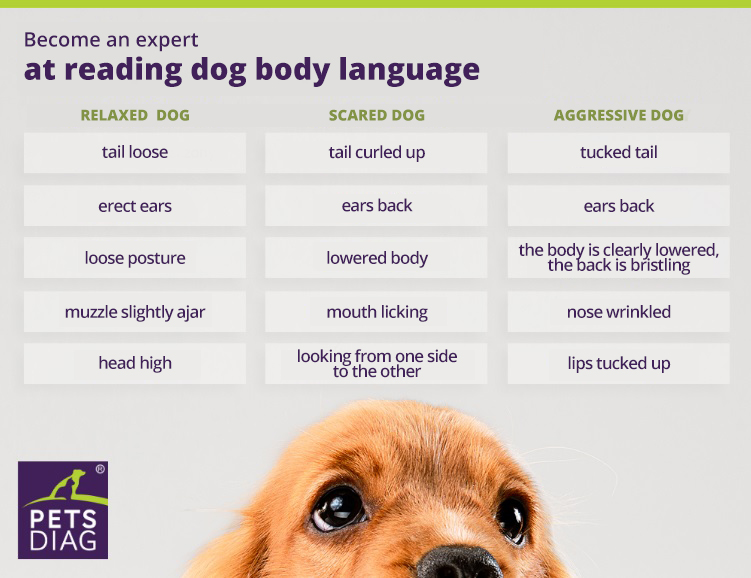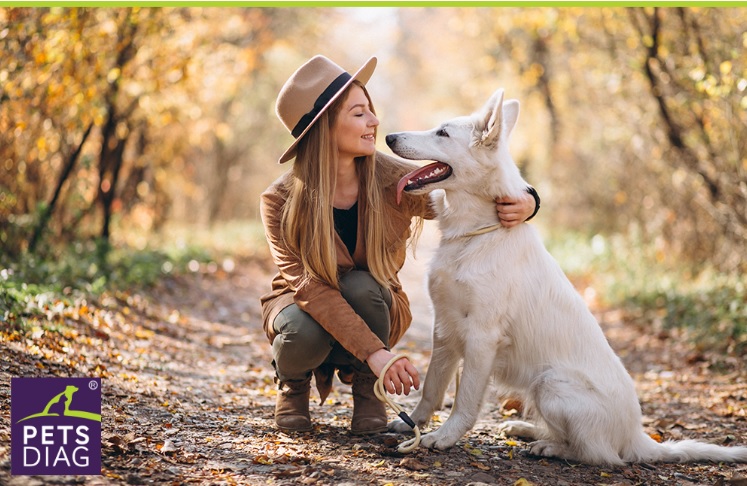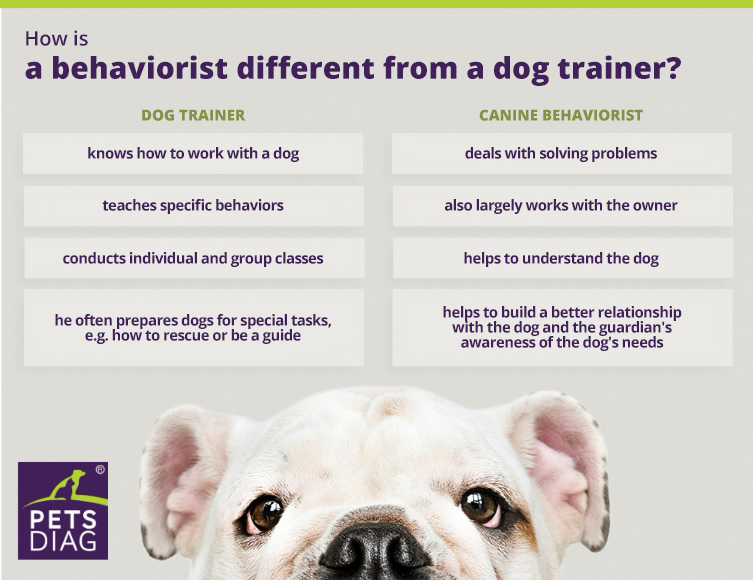Nowadays, both happy owners of shaggy quadrupeds and those who are just getting ready to adopt a dog, hear more and more often about dog behaviorists. Some people know this concept very well, for others it is completely new and still often causes a grimace of surprise. So, who is the canine behaviorist who appears in conversations so often and what is this profession about?
We have prepared a guide briefly describing this profession to explain in a simple way how a dog therapist can help you and your pooch in everyday cooperation.
Physical comfort is not enough!
A dozen or so years ago, our care for domestic pets boiled down to taking care of their basic physical needs. Therefore, caring for dogs rarely went beyond taking care of issues such as providing food, shelter, warm bedding, or a minimum daily dose of exercise. Meanwhile, many more factors contribute to a dog’s full-fledged welfare. Providing mental comfort through a sense of security, ensuring emotional peace, or physical and mental health – these are some of the issues that we should take care of. It seems that as responsible pet owners, we know more and more about these matters and we are also more and more aware that good care of dogs means not only satisfying their physical needs, but also constantly caring for their mutual relationship. And as such, it is difficult to talk about a positive relationship when the dog’s emotional needs are neglected. How does the canine behaviorist fit in with all of this?
Who is a canine behaviorist?
When we notice that our dog is limping, we will probably carefully examine its paws, and if we do not notice the wound ourselves, we will go to the vet. However, if we would like to get some advice about our pooch’s excessive aggressiveness, ordinary messages and the most common solutions may sometimes not bring results. In such a situation, it is best to go to the canine behaviorist; A person practicing this profession, also known as a zoopsychologist and an animal psychologist, is well-equipped to find out what may be wrong based on the observation of the dog, what is the cause of problematic behavior and how to take care of the needs that have been neglected.
An equally important element of his job is to instruct the owner how to provide support to the dog and how to get rid of bad habits. In this approach, the canine behaviorist is like a canine therapist, a specialist in the canine psyche who acts as an educated and experienced intermediary between the dog and the owner.
When is it worth visiting a behaviorist?
It is always worth to visit a dog behaviorist. Each dog has a different character and temperament, as well as other experiences that have shaped him or her and often influenced the development of problematic behavior. Even if, as owners, we think that we get along well with our dog, it is worth consulting a behaviorist to see if this is the case. Our relationship with the dog can only be good from our point of view. In many situations, we may unconsciously act against the dog by overlooking or underestimating some of the pooch’s needs; in turn this may lead to frustration, which can manifest itself in various undesirable and problematic behaviors. By continuing and perpetuating bad habits in the relationship with the dog, we thereby reinforce the negative reactions that we want to get rid of.
What canine behavior should take us to a behaviorist?
- aggression towards people,
- aggression towards other dogs,
- timidity or apathy,
- symptoms of depression,
- excessive barking,
- escape during walks,
- no response to commands.
Remember that the willingness to consult a canine behaviorist does not mean weakness, on the contrary – seeking advice from a specialist is a mature and responsible decision that proves that the owner cares about the emotional health of his or her pet.
What does a canine behaviorist consultation look like?
The first consultation with a canine behaviorist may be by phone. Of course, a real meeting will be necessary, but already at this initial stage, the canine therapist will make a diagnosis and raise several key issues. Therefore, we should not be surprised by more detailed questions about specific problems with which we report to a specialist, the dog’s diet or the medications provided. The next stage will always be the observation of the dog – preferably on neutral ground, not to expose the dog to additional stress at the beginning, but also in the natural conditions in which the dog and its guardian live.

After this initial diagnosis, the behaviorist should adjust the method of work and its direction to a specific case. He will also need our active support. Remember that even the best canine behaviorist will not deal with the problem for us. His job is not to “cure” the dog and get rid of selected behaviors, but to effectively translate the signals sent by the pet to the owner. Note that most of the problems in this matter begin with various communication disorders. The task of the behaviorist is therefore to skillfully supervise the owner’s communication, detect and correct “mistakes” in the relationship and learn through positive patterns. As you can see, when it comes to the happy life of pets, it is difficult to find a more important profession than the canine behaviorist. How to become one?
How to become a canine behaviorist?
Perhaps some of you are wondering how to become a canine behaviorist. The most important thing is to take the topic seriously. So, let’s not assume that the deep affection we have for all pets is enough to become a credible behavioral specialist. In the light of the law, we may not need any courses, training, or professional studies to try our hand at this profession. In practice, however, to work effectively with dogs and their guardians, and not to cause them more harm, it will be necessary to solidly prepare in the form of theoretical courses and many hours of practice. So, let’s give ourselves time to gain knowledge, undergo selected courses and trainings, check our capabilities and focus self-development in this field. Finally, let’s not forget that the priority of every dog behaviorist and therapist should be the well-being of our four-legged pets.















